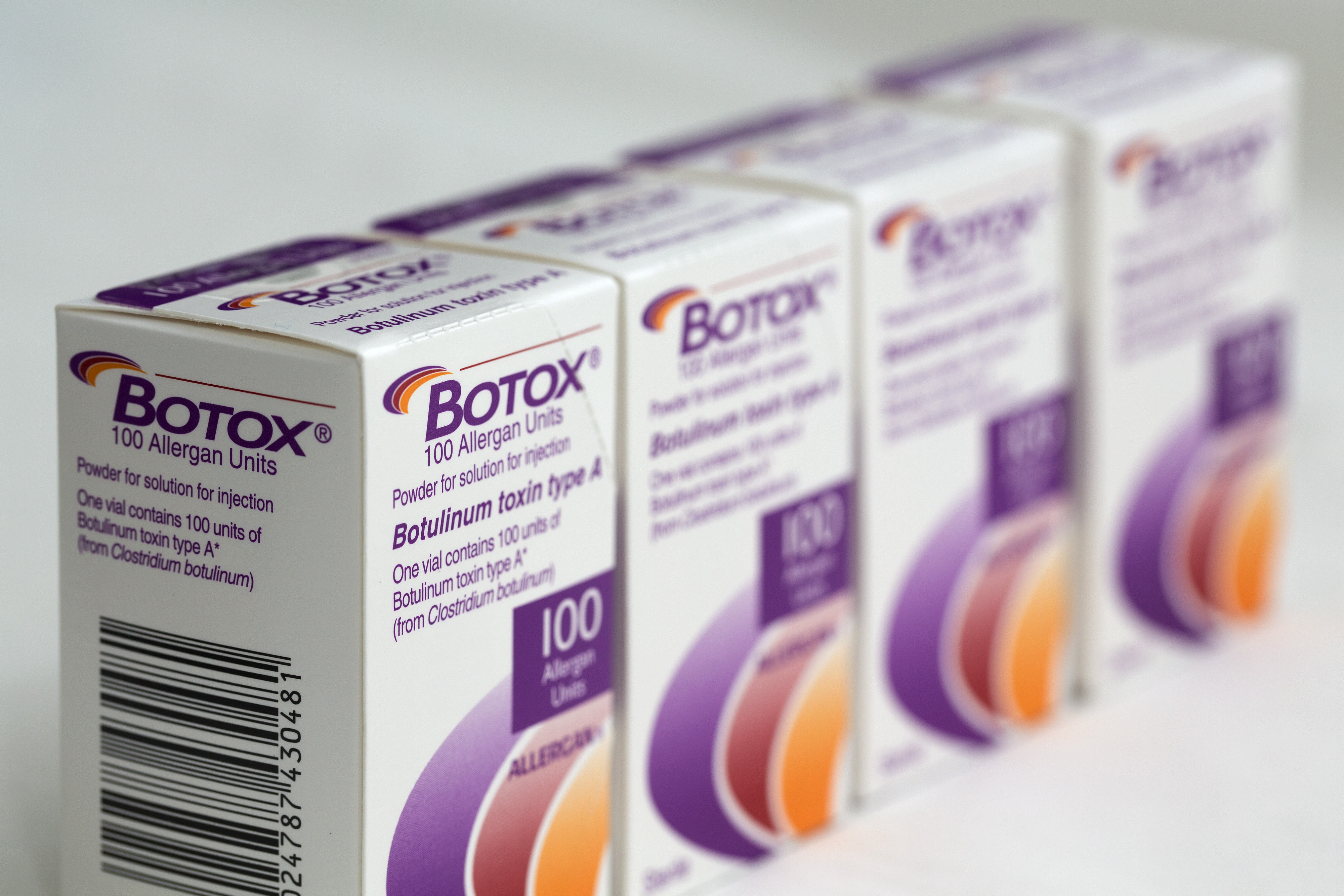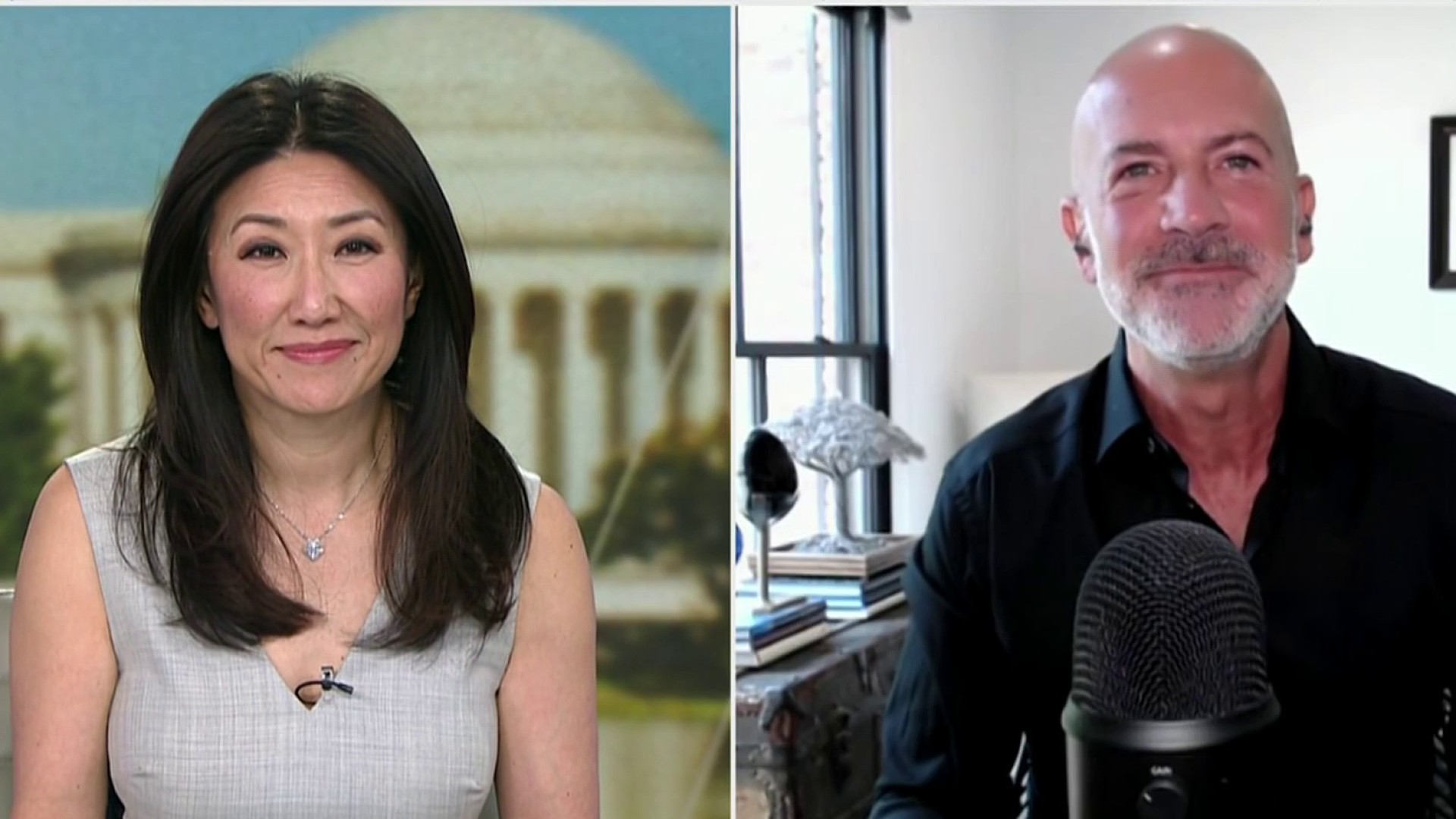A medication used to treat patients with leukemia dramatically reduced symptoms in patients with Parkinson’s disease, a study at Georgetown University Medical Center found.
Twelve patients with Parkinson’s disease were given a dose of Tasigna, known generically as nilotinib, once a day for six months. The patients, who typically struggle with movement, tremors, and rigid muscles, drastically improved mentally and physically, researchers said.
“We had wheelchair- and bed-bound patients. They began to move again. They began to speak again,” said Fernando Pagan, neurologist and director of the Movement Disorders Program at Georgetown University. “And that was one of the most surprising parts of this kind of trial."
Nilotinib kills leukemia cells in high doses. In lower doses, the drug gets rid of toxic proteins in damaged brain cells and helps the cells produce dopamine, a neurotransmitter that helps regulate movement and emotions. Dopamine stops being produced in Parkinson’s patients.
Alan Hoffman, 74, is one of the 12 patients that benefited from the clinical trial. He was diagnosed with Parkinson’s in 1997 and said the effects from the drug gave him reasons to be hopeful.
“I started to dress myself, which I couldn’t do anymore,” Hoffman said. “And it turned out to be so much more that I think they were even surprised.”
Another patient who tested for researchers at Georgetown University Medical Center was Mary Leigh, 88. Before the trial started, she had to be lifted out of her bed and placed into her wheelchair. A few weeks in, Leigh was dancing in her wheelchair with staff and feeding herself soup.
“This really is the first study that successfully re-positions an already approved FDA approved cancer drug for the treatment of neurological indicators,” said neuroscientist Dr. Charbel Moussa, who directs Georgetown’s Laboratory of Dementia and Parkinsonism.
One million Americans are estimated to have Parkinson’s disease, according to the Parkinson’s Disease Foundation. Although there is no cure, the clinical trial for nilotinib reversed the worst symptoms for many of the patients. However, the drug can cost anywhere from $9,000 to $10,000 for four dose packs, or 28 capsules.
The clinical trial ended two months ago. Hoffman said he has regressed since, but he and his wife hope to get the medication from the drug company, Novartis.
“What a difference it would make for millions of people,” said Nancy Hoffman. “And how wonderful.”



